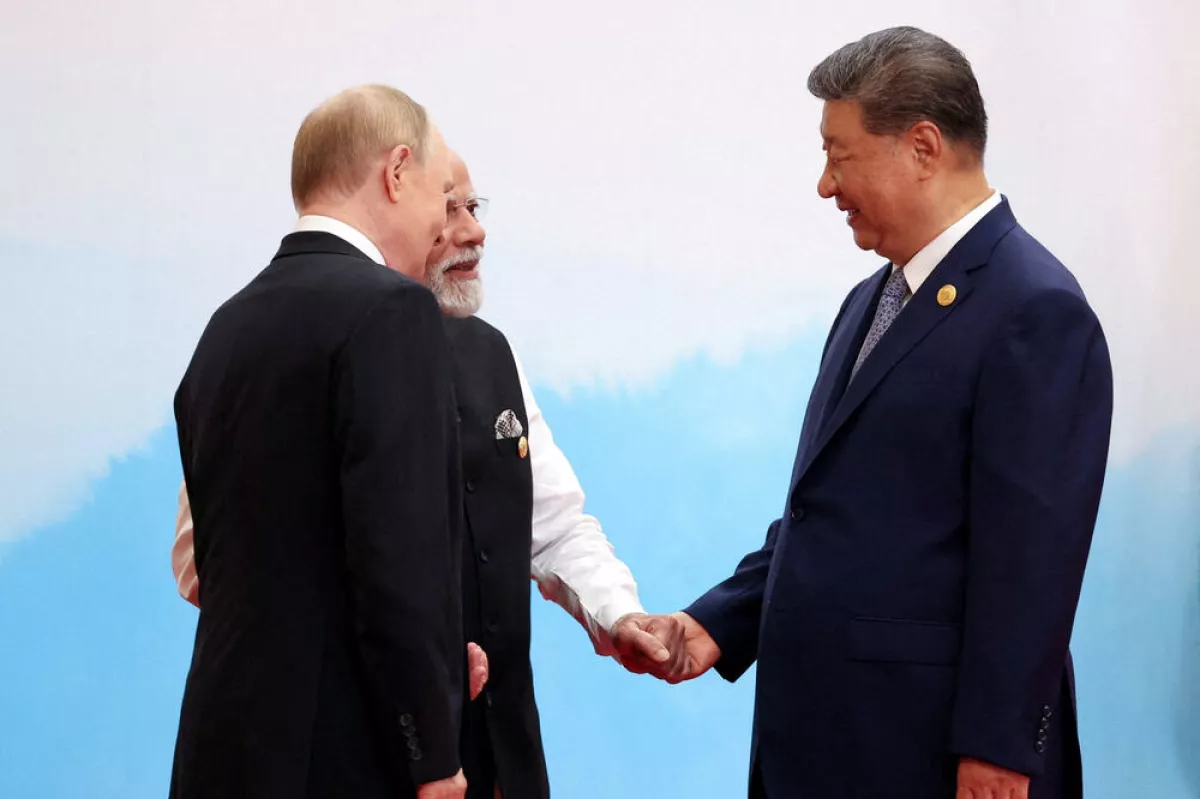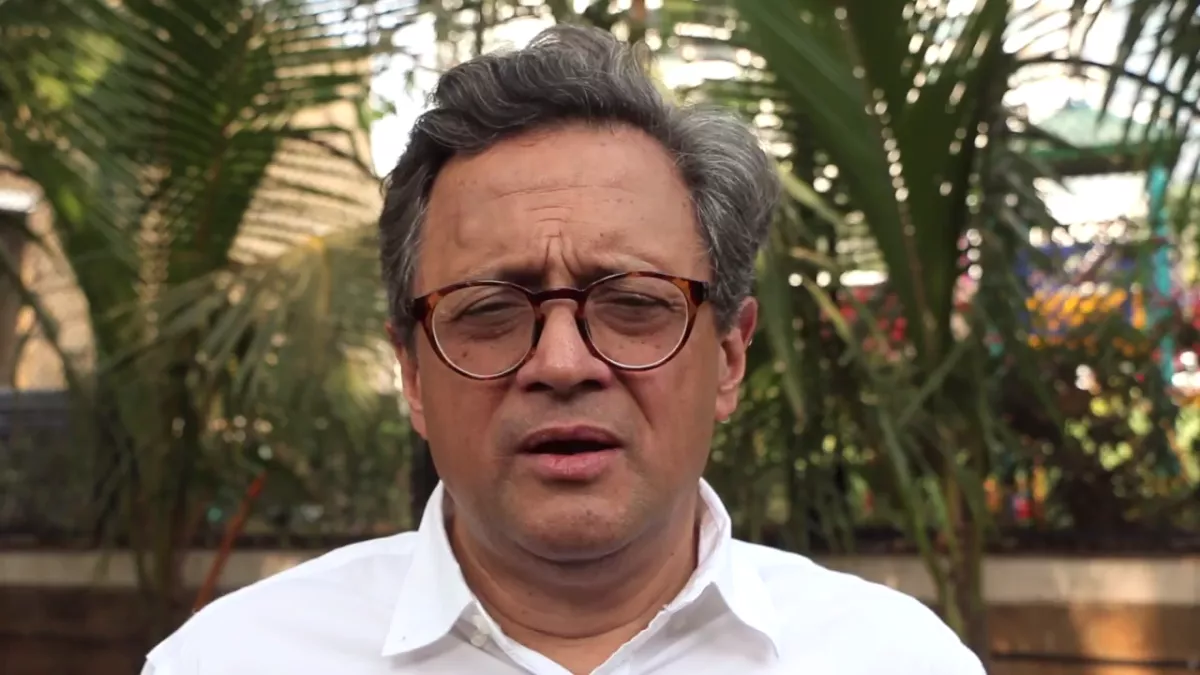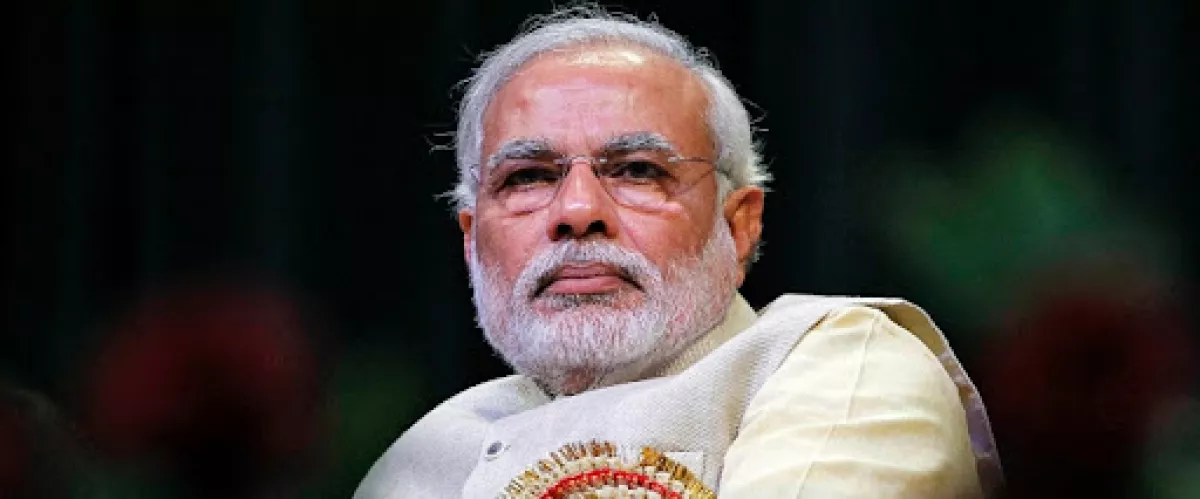India will have to yield on Azerbaijan’s SCO accession Not Modi’s call
“There’s strength, but no wisdom,” goes a popular proverb. Some giant states continue to surprise with the short-sightedness of their policies. India is a recurring example. Its recent participation in the SCO summit seemed to many like a success: Prime Minister Modi stood in close proximity to Chinese President Xi and Russian President Putin. In reality, however, India’s leadership once again demonstrated that its foreign policy remains strikingly petty and poorly thought out.

A clear example is India’s decision to block Azerbaijan’s accession to the Shanghai Cooperation Organisation (SCO). The results of such narrow-minded foreign policy, closely tied to a regressive domestic agenda, are predictably catastrophic. Modi has reached the point where the West now places part of the blame for the continuation of the Russia–Ukraine war on India. For this reason, Azerbaijan should not take the actions of India’s leadership too seriously—they are doomed to fail due to the lack of strategic logic behind them. Delhi is certainly not defining the course of world politics at the moment.
The illusory success at the SCO Summit
The dubious role of Indian Prime Minister Narendra Modi at the SCO summit earlier this week was immediately noted. The signs were all too obvious. U.S. Treasury Secretary Scott Bessent told Fox Business that the meeting between the leaders of Russia, China, and India was “showy” and lacked practical significance.
The Wall Street Journal reported that the display of unity between China, Russia, and India was intended to send a strong signal to Washington. However, it did not change the fact that “no major decisions were adopted.”
The purpose of this for the Chinese organisers of the summit is clear. It served as a subtle reminder to Trump: perhaps Europeans may capitulate to him, deferentially calling him the “President of Europe,” but outside Europe, the balance of power is different.
China, in particular, is capable of swaying even India, on which the West has historically relied as China’s main regional counterweight and, frankly, as a potential supplier of cannon fodder in a war against it. This is the old concept of India as a counterbalance to China.
Even during the first Sino-Indian War in 1962, the United States and the United Kingdom immediately sent India whatever military aid it requested, despite India’s close ties to the Soviet Union. Later, India returned to an alliance with the USSR. There are many such examples in Indian history. Essentially, at the SCO summit in Tianjin, Modi merely confirmed his country’s traditional status as a swing ally, vividly demonstrating the limited capacity of Indian elites to manage the world’s most populous country.
Why did the Russian leadership need a “political installation” with Modi? At the very least, it was to continue using India for the re-export and processing of Russian oil—here, the metaphor of a “gas station country” seems entirely appropriate.

On September 3, Russian Deputy Energy Minister Roman Marshavin stated that Russian cooperation with India in the fields of energy and industrial cooperation continues to develop despite Western sanctions and trade restrictions. According to him, just a few years ago, “no one could have imagined that our supplies would increase more than twentyfold in just three years.” In the first half of this year alone, Russia increased energy exports to India by approximately 15%. However, there is no large-scale strategic interaction between India and Russia, nor between India and China.
At the same time, although India has not effectively aligned with the West’s opponents in Tianjin, its position with the West is also weakened. Against the backdrop of the U.S. administration imposing an additional 25% tariff on Indian goods on 27 August (bringing total U.S. tariffs on Indian products to 50%), one of Trump’s closest allies, White House trade advisor Peter Navarro, even referred last week to the Russia–Ukraine conflict as “Modi’s war.”

It is hardly surprising. As Indian historian and writer Mukul Kesavan notes, throughout history, “US presidents have often seen India as either a supplicant or a nuisance or both.”
In other words, despite its enormous size, which theoretically allows India to play a major role in world politics, the reality is far more modest. Delhi merely drifts from one global bloc to another, while the ideological concepts of the Indian establishment fail to secure the country a respectable position in the world due to their unrealistic nature and destructiveness, often tied to Islamophobia and a fondness for the archaic.
Hindu religious fanaticism and the risk of wars
An example of this destructiveness is the Indian leadership’s actions during the SCO summit, when it blocked Azerbaijan’s accession to the organisation. In this way, India “retaliated” for Baku’s close ties with Pakistan. The long-standing enmity with Pakistan has long extinguished all positive and constructive aspects of the Indian state-building project. The vast country has become locked in conflict with its neighbour, spending resources on war instead of development and strengthening its sovereignty.
Currently, driven by the same destructive motives, the Indian leadership—while boasting about its global role—has once again, with its own hands, undermined relations with Azerbaijan, a key country on the route from Europe to Asia, continuing instead to place its bets solely on Armenia.
Strategic logic, however, clearly indicated the need to reconsider such an anti-Azerbaijani stance. This concerned not only Azerbaijan’s significance to India but also China’s desire to see Baku among the SCO members, as highlighted, among other things, by the Declaration on Comprehensive Strategic Partnership between the two countries, signed on 23 April this year. But Modi is clearly incapable of addressing even such tasks as revising Delhi’s absurd policy toward Azerbaijan.
The shortsightedness of this decision is especially evident when compared to Pakistan’s simultaneous move—recognising Armenia and establishing relations with it. Islamabad had no pressing reasons for this; rather, its leadership likely sought to complement the inclusive peace process in the South Caucasus promoted by Azerbaijan.

The destructive nature of India’s foreign policy under Modi has also manifested in broader, more significant issues. Even POLITICO, a prominent voice of the global liberal establishment, last week delivered an unflattering verdict on the Indian government. Predicting “5 wars that experts fear could start in the next 5 years,” the publication’s experts noted that two of them could involve India—one with Pakistan and another with China.
Indeed, in recent years Modi has consistently pursued policies that escalated tensions with these countries, leading to a series of armed clashes and, most recently, to India’s unsuccessful war with Pakistan in the spring of this year, initiated by Delhi.
The cause lies in the nationalist course of the Indian government, mired in Hindu fanaticism and fantasies of an eternal Great India. This has resulted in conflicts and tension with neighbouring countries, discrimination against Indian Muslims within the country, and an absence of rational development policies.
We have repeatedly been lectured about alleged calls to violence in the Quran or Hadith. But how often do we hear similar criticism directed at Hinduism?
Meanwhile, the sacred texts of Hinduism contain numerous passages that can be interpreted as calls to destructive action. The recently released film about the creator of the American atomic bomb, Robert Oppenheimer, highlighted his interest in Hindu scripture. It did not emphasise that in the final stages of developing weapons of mass destruction, Oppenheimer was in fact inspired by the Bhagavad Gita, quoting verses that are difficult to call humane. Early in his life, when asked about his favourite books, this Sanskrit scholar named the misanthropic poetry collection Les Fleurs du mal (The Flowers of Evil) by Charles Baudelaire alongside the Bhagavad Gita.
These Hindu texts were also admired by another figure hardly associated with humanism—SS leader Heinrich Himmler. Contemporary Indian leaders are unlikely to interpret their sacred scriptures in a more humanist way, so it is unsurprising that Indian foreign policy has not merely reached a dead end but has taken on an openly destructive character.
The Indian experience: How to bring any wealthy country to its knees
The domestic situation is no better. In April of this year, India decided, for the first time since 1931, to conduct a census of the caste affiliation of its entire population.
Officially, this decision is presented as positive discrimination in favour of historically disadvantaged castes. In practice, however, it restores and institutionalises archaic mechanisms of oppression over vast sections of the population. This is a step toward building a traditionalist Hindu system in the country—a recipe for disaster in a nation of 1.5 billion people, including roughly 200 million Muslims.
India has become one of the bitterest disappointments of the decolonisation era, and its path toward archaisation and obscurantism guarantees problems for any country attempting to follow it. Retreat into dogmatic, absurd archaicism and hatred of outsiders, both domestic and foreign, inevitably leads not only to the destruction of international relations but also to self-destruction.

Yet few learn from the mistakes of others. It is therefore telling that India’s current trajectory elicits admiration from thinkers close to the Russian government, such as philosopher Alexander Dugin. Upon hearing news of the caste census, he immediately responded with an enthusiastic post:
"Indian identity (Hindutva) survives precisely through the preservation of the varna and jati (caste) system. India is a State-Civilisation for the same reason… Kali Yuga, the iron age of Indian tradition, begins when castes start mixing and disappearing. Everyone thought this had already happened. But it hasn’t—95% of marriages still occur within the same caste. Thus, the varna system in India is preserved. And therefore, India remains a civilisation. The end is somewhat postponed."
Indeed, there are increasing parallels between India and Russia. Both countries, at the moment of their independence (for Russia, in 1991), had the potential to become major global players, yet both quickly began sinking into religious fanaticism, fantasies of a glorious—but largely fictional—past, retreat into archaism, racism, xenophobia, and chauvinism.
Immersed in ostentatious Orthodoxy, retreating into archaism, and sowing hatred toward non-Russians, the Russian elites are abandoning rationality and becoming irrelevant in global politics. Russian science and industry are degrading. Similar processes are underway in India, ensuring its marginal position on the world stage.
As we can see, size alone often does not matter in global politics if it is not backed by calculated policy. This is why Azerbaijan’s accession to the SCO is inevitable: all objective conditions are in place, and the Indian leadership is powerless to change this due to its global marginality.
China will not allow Modi to impose an absurd policy on an organisation that is of paramount importance to Beijing. Meanwhile, Azerbaijan continues to pursue a multidirectional foreign policy, for which the SCO provides a convenient platform.








